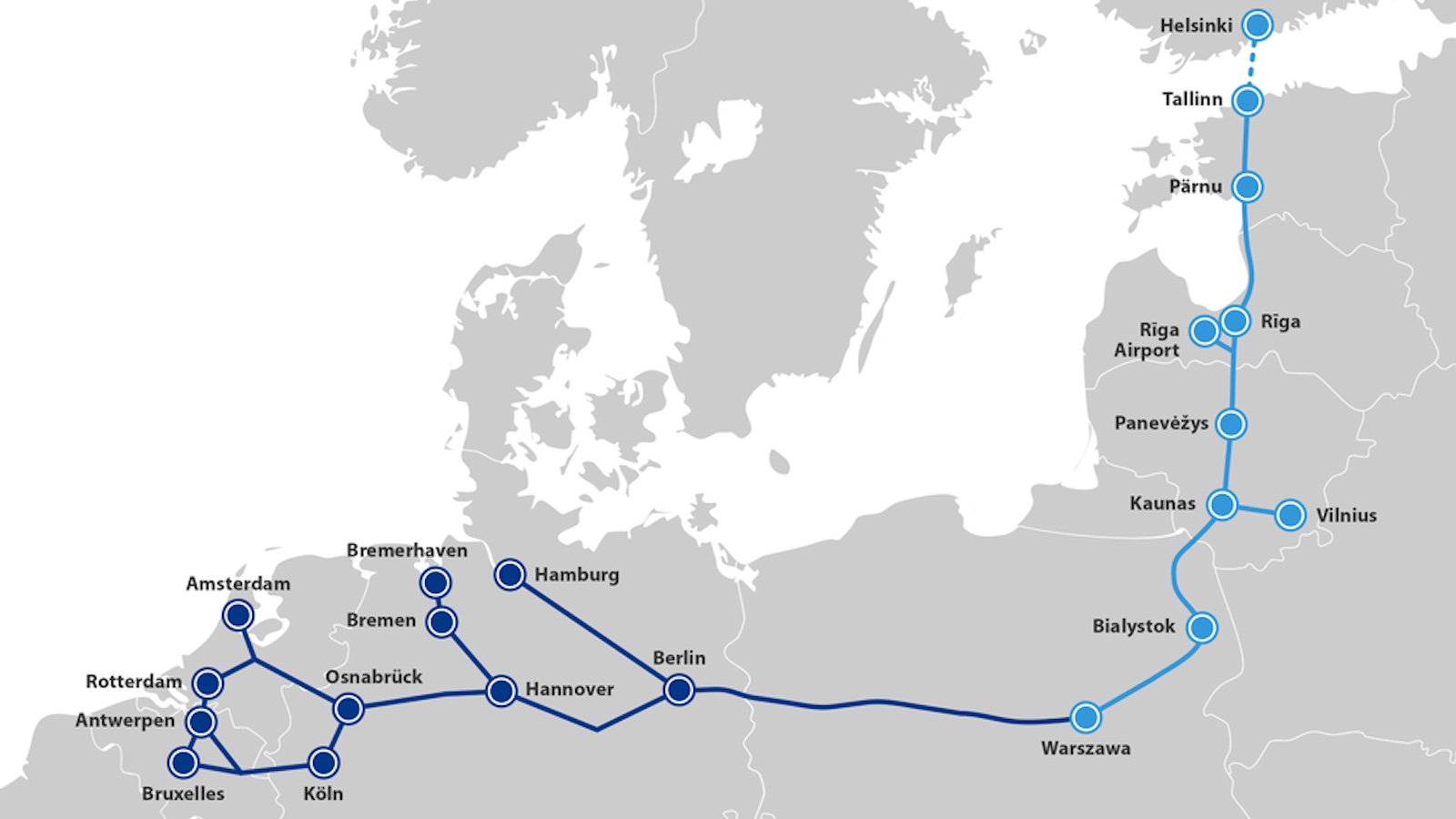Zakheim lays out his vision for U.S. policy in the Middle East.
Dov Zakheim: Well, it’s certainly not democracy. I don’t think it’s the priority for most people. You know, the average per capita GDP in most of these countries is like, what, 1,200, 1,500 dollars a year? They’re not thinking about democracy. They’re thinking of a job. They want to make a living. They want to feed their families. And they want to bring their children up in the religion that was given to them. Everybody’s been persecuted in the Middle East. The Christians have been persecuted. The Shias have been persecuted. The Sunnis have been persecuted. The Jews have been persecuted. The Zorastrains have been persecuted. I mean you name it. Somebody, somewhere in their history has been persecuted. And so for them it’s freedom of religion, and the freedom to make a living, and the freedom to give your children a better life than you have. Beyond that, then democracy comes. And it’s not so much democracy; it’s representative government. It’s the ability to have your concerns heard by the leadership. Why do these traditional monarchies continue to survive? Kuwait has been around since the 18th century. The Ibn Saud family traces it back . . . to the 18th century because they have this system of . . . where people actually go and see their leaders. I mean ask most Americans who their representative is, okay? And there’s only 500,000 to each representative, and they still don’t know. So representation . . . the ability to be heard, the ability for government not to be corrupt, for the government to respond to your concerns, that’s very important. Can we help there? Absolutely. We can help economically. We can help with education. I mean to me, the best way to break the back of the madrassas is very simple. Technical schools and English. If you wanna get by, if you wanna make a living, you ain’t gonna make it learning the Koran. You might get to heaven learning the Koran, but you’re not gonna make a living technically learning the Koran. So if we can establish . . . And not just us. It can’t just be us . . . help establish literally a competitive school system, I guarantee you at least 50% of the parents who were sending their kids to madrassas so they can get a square meal will send their kids to these sorts of schools. And then you can inculcate values. We can teach more than just how to use a monkey wrench.
Recorded on: 7/2/07





